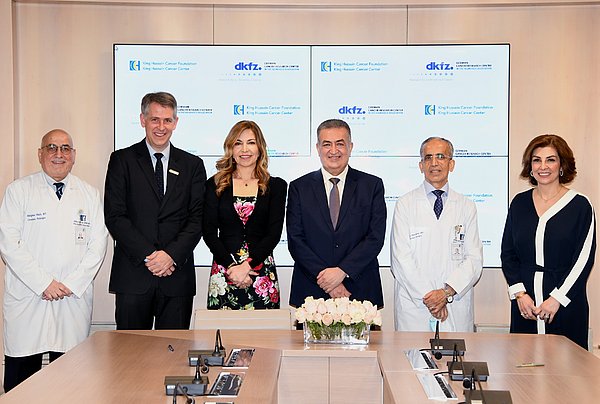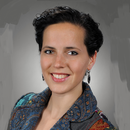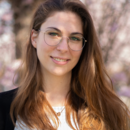The Hopp Children’s Cancer Center Heidelberg (KiTZ) is a joint institution of the German Cancer Research Center (DKFZ), Heidelberg University Hospital (UKHD) and the University of Heidelberg (Uni HD).
"The King Hussein Cancer Center is delighted to partner with the German Cancer Research Center. Partnerships with international cancer centers play a vital role in advancing our work through exchanging experiences and information, and harnessing cutting-edge technologies in research," states Princess Ghida Talal, Chairperson of the King Hussein Cancer Foundation (KHCF) and Center (KHCC), praising the successful partnership with the German Cancer Research Center (DKFZ), the Hopp Children's Cancer Center Heidelberg (KiTZ) and Heidelberg University Hospital (UKHD).
Aiming to intensify scientific exchange to develop modern diagnostic and therapeutic options for cancer patients, KHCC and DKFZ had signed a memorandum of understanding in 2019. The focus of this cooperation is on cancer in children, adolescents, and young adults, which plays a special role in Jordan. Initiated by KiTZ, a new unit for molecular tumor classification could now be established at KHCC, which was opened on April 20 in the presence of Her Royal Highness Princess Ghida Talal.
In Jordan, 500 children are diagnosed with cancer every year. In relation to the number of inhabitants, this is twice as many as in Germany, because Jordan has a very young population. In addition, Jordan's population is comparatively closely related. This also results in different causes and distribution patterns for cancer: The incidence of hereditary cancers in children is presumed to be many times higher in Jordan, although exact figures are still lacking. For instance, familial cases probably account for about half of all colorectal cancer cases in children. The more homogeneous gene pool also reveals certain genetic causes of childhood cancer that cannot be studied at all in other parts of the world. Such rare genetic defects occur in Jordan, for example, in glioblastoma, a particularly aggressive form of brain tumor that also occurs in children.
"The collaboration with the scientists and physicians at KHCC is a great gain for us, and an opportunity to find treatment options for children with cancer, especially those with rare tumors. Furthermore, this includes - but is of course not limited - to ethnic groups that are typically very underrepresented in scientific studies," says Stefan Pfister, director at KiTZ, and department head of DKFZ and a pediatric oncologist at Heidelberg University Hospital (UKHD), who also gave a lecture in memory of the Arab biochemist and polymath Usama al-Khalidi during his visit to KHCC.
The molecular tumor classification procedure established at KHCC in collaboration with KiTZ, DKFZ, and UKHD intends to make it possible to better delineate certain tumor subgroups in children, and furthermore, to diagnose them in the future. For example, regarding tumors of the central nervous system alone, more than 150 different types can already be distinguished, which respond very differently to radiotherapy and chemotherapy. The vast variability makes it difficult to standardize diagnostic procedures. The computer-based method, which is now installed locally at KHCC and will be further developed into a diagnostically useful test, uses chemical markers on the tumor genome, known as methylations. These patterns can also be used to better classify particularly rare tumor types in order to apply the most promising treatment. "We now have a lot of experience in training colleagues in this method and are even considering designing an online tutorial on it," says Felix Sahm, head of Molecular Neuropathology at the UKHD, who helped establish the method and supervised its installation at KHCC.
KHCC in Amman is considered one of the leading cancer centers in the Middle East, networking with experts from around the world through international tumor boards and training programs. "We are very excited about this successful launch of our collaboration. Establishing a tumor classification based on methylation is one of many projects we plan to implement with Stefan Pfister's team and other colleagues at DKFZ, with the goals of enhancing our capacity in state-of-the-art genomics and epi-genomics assays, as well as fostering our research collaboration," Abdelghani Tbakhi, chairman of the Department of Cell Therapy & Applied Genomics at KHCC, says. "We rely very heavily on international cooperation, which we would also like to strengthen further through mutual visits and joint training of experts," adds Abdelghani Tbakhi, who visited the laboratories in Heidelberg in March this year to follow the classification process in detail himself.




